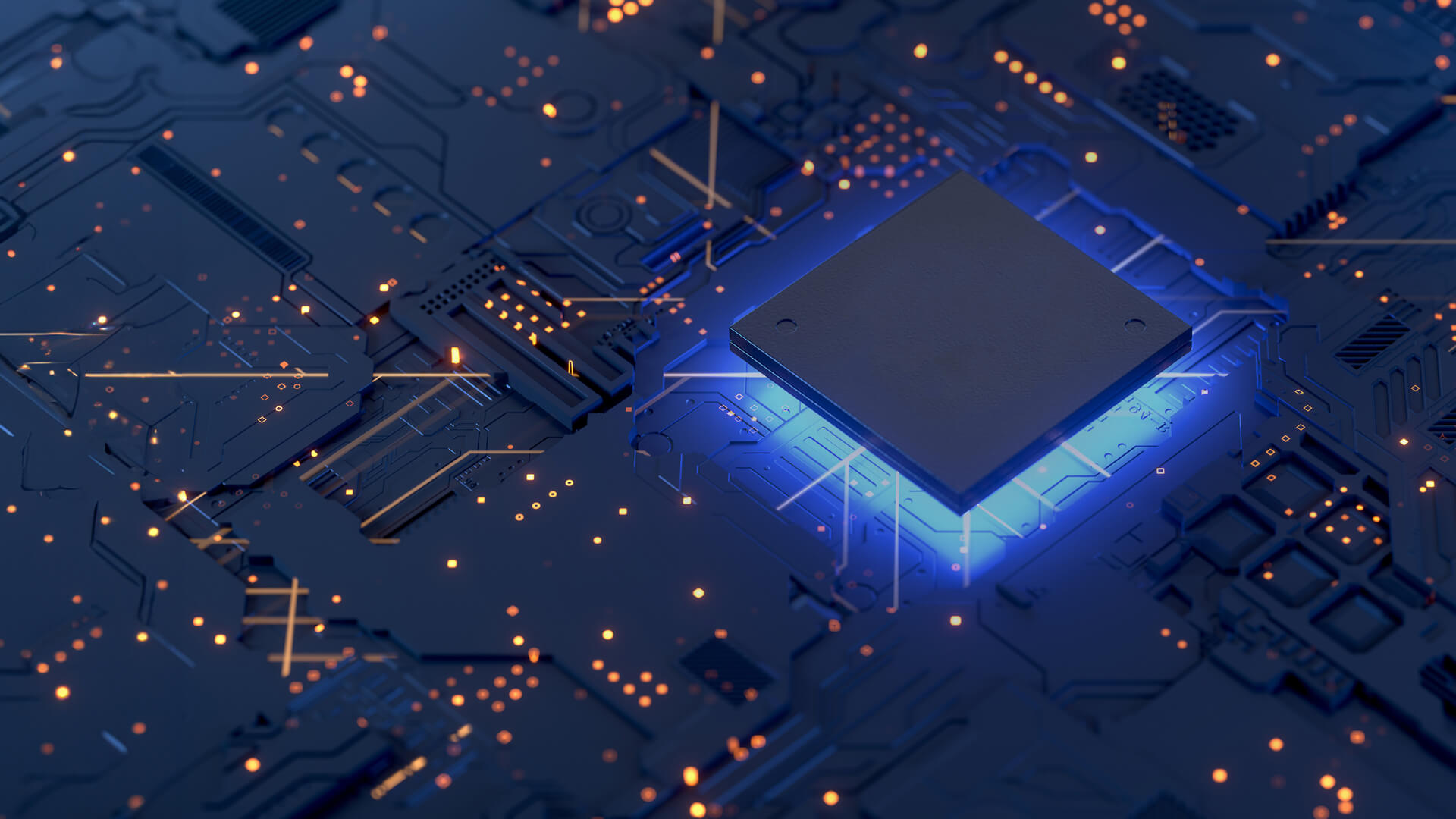
AI on the Horizon: April 30, 2024 Update
This short update delves into the evolving landscape of artificial intelligence, highlighting LLM advances and regulatory changes. We also explore significant AI advanced and the debate about AI’s impact on labour.
Claude 3: Unavailable in Canada
The recently released Claude 3 appears to now be the most powerful LLM on the market, at least for text (ChatGPT still wins out for images and numbers). Claude 3’s highlight is the ability to analyze thousands of pages of data in seconds. Unfortunately, as CBoC podcast guest Josh Gans points out, the most powerful version is unavailable in Canada, putting us in a league with Russia, Iran, North Korea, and China.
Devin is revolutionizing coding
Devin, a recently launched AI software engineer, codes better than any other co-pilot on the market. It seems to be wowing audiences on its ability to create new apps/projects but struggles when introduced into established environments. However, this is version 1 and likely won’t take over any software engineering jobs just yet, but who knows what future iterations may be capable of. This is on the heels of Nvidia CEO, Jensen Huang, stating that coding is probably not a viable future career for young people anymore as AI will make natural language the language of software development.
EU passes the AI Act
The EU passed the AI Act in March 2024, and bans some high-risk AI use cases, especially in healthcare, policing, and education. Restrictions include not using AI to predict political opinions or sexual orientation or emotional state. Public facial recognition technology is also banned, except in cases of kidnapping or terrorism.
New robot Figure 1 uses ChatGPT
With GenAI becoming multi-modal (the ability to interact with text, speech, images, sound etc.) it was only a matter of time before it would enhance robotics, and we seem to be at that stage now with Figure 1, a robot embedded with ChatGPT. Images/video may be very important for the next AI advancements. Yann LeCun, chief AI scientist at Meta, points out that it would take 20,000 years for a human to read the text data used to train current LLMs, but a 2-year old human has seen more visual data than all the data used to train an LLM. There is a school of thought that visuals will be the key to unlocking artificial general intelligence (AGI).
New iPhones could be powered by Gemini
There is chatter that Apple and Google are in talks for the iPhone to be powered by Gemini, which would make for an interesting duo to take on the Microsoft/OpenAI partnership, and probably make GenAI a bigger part of daily life where it exists in everyone’s pocket as an assistant (as seen in the movie Her, perhaps one of the most plausible sci-fi movies of what the near future will look like).
Will humans still hold well-paid jobs in an AI world?
Economist Noah Smith has been trying very hard to spread his argument that human comparative advantage will allow humans to keep many well-paying jobs, even in a world where AI is ubiquitous and better than humans at most tasks. However, the Wall Street Journal reported yesterday that we are already seeing a drop off in demand for IT workers and their compensation, unless they are in AI, cybersecurity, or data science.
Get notified when we release new AI insights

See all available artificial intelligence publications and insights.




Comments